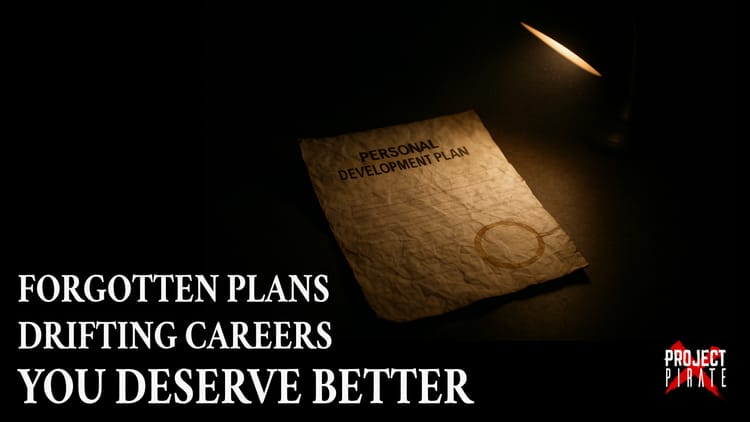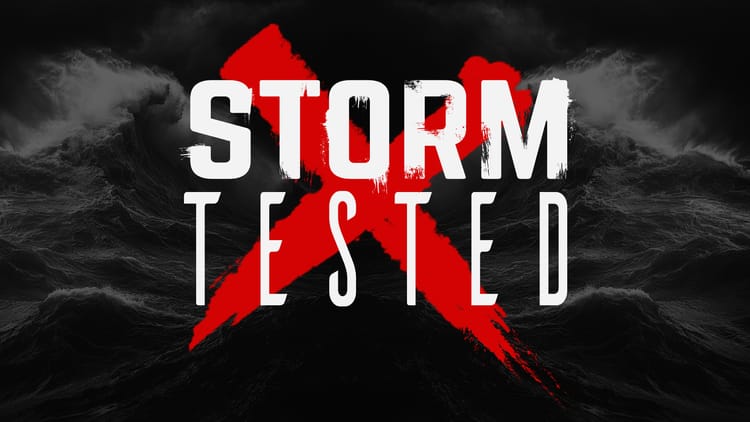Calling their Bluff: When Escalation Becomes a Power Play

In the high-stakes poker game of enterprise delivery, "I'll escalate this to the Exec" is the organisational equivalent of pushing all your chips to the center of the table. Its more subtle cousin, "If we don't support this, this is going to be escalated" adds an element of mystery, where you're betting on your relationship with the messenger rather than confronting a direct threat. Both tactics are power moves designed to force opponents to fold their hand regardless of the cards they hold. Like any bluff, they rely on creating uncertainty, fear and the illusion of inevitable defeat.
This game plays out on multiple levels; fact and fiction blur, emotion clouds judgement, power positions shift and communication becomes as much about what's not said as what is. For those navigating these treacherous waters, recognising when you're facing a genuine threat versus a desperate bluff can mean the difference between surrendering valuable ground and holding steady through the storm.
The Familiar Tempest
Recently, I observed a sponsor with considerable organisational influence request an implementation approach that would bypass established technology standards. The pressure came not from the sponsor directly, but through Product Management who positioned themselves as champions fighting against the tyranny of governance.
Their tactical manoeuvres would be familiar to any seasoned navigator:
- The false urgency: "We need this now, or we'll miss critical business opportunities!"
- The "just this once" promise: "We'll adhere with platform standards after the pilot"
- The appeal to higher authority: "If your team doesn't support this, we'll need to have a conversation with the Exec."
- The technical-business divide: "While we appreciate your technical concerns, you're missing the bigger business picture."
Charting a Different Course: Business Value as Your North Star
When facing these headwinds, arguing purely on technical grounds means you've already surrendered. The battle isn't won by proving technical correctness but by shifting the conflict to more favourable waters - business value and outcomes.
Rather than defending technical standards, press for clarity on desired business outcomes. The conversation shifts from "how we implement" to "what we need to accomplish" - territory where standards typically have the stronger position:
"What specific measures will tell us this initiative is successful?" "How will you track the effectiveness of both customer outcomes & engagement?" "What capabilities must this solution deliver six months from now?"
These questions force a reckoning with the very purpose of the initiative rather than fixating on implementation approaches often defined by those who don't fully understand the technology landscape.
Too often, standards are presented as heavy anchors dragging down the fleet when they should be reframed as the sturdy hull that allows the ship to weather any storm. Standards exist not to restrict movement but to enable consistent, measurable and scalable business value while protecting the organisation from outcomes that could cause wider brand damage.
When we clearly articulate how a standards-based approach delivers superior business outcomes - enhanced measurement capabilities, consistent customer experiences, future scalability without costly refits... we transform the narrative from constraint to enabler.
Reading the Political Winds
The threat of executive escalation is often deployed as a tactical weapon rather than a legitimate course of action. Learning to distinguish bluff from genuine concern requires reading organisational currents carefully.
Watch for vague warnings without specific executive names attached. Note inconsistencies between expressed support and escalation threats. Pay attention to the absence of concrete business objections. These subtle signs often reveal when someone is flying false colours.
The most telling sign? Those with genuine executive backing rarely need to invoke it repeatedly. Like the captain who truly possesses the treasure map, they need not constantly remind the crew of its existence!
The Hidden Current: Political Capital and Relationship Preservation
An often unacknowledged dynamic in these scenarios is the delicate web of relationships between senior leaders. Many executives are reluctant to say "no" to their peers; not because the request lacks merit, but because they fear depleting their political capital or damaging carefully cultivated alliances. This creates an environment where technically unsound proposals may advance simply because no one wants to be the voice of opposition.
When you understand this current, you can navigate it more effectively. By framing your position not as opposition but as risk mitigation and business value optimisation, you provide senior leaders with language that preserves relationships while still making sound decisions. The documentation of business requirements and success criteria becomes not just a technical exercise but a diplomatic tool - allowing executives to have fact-based discussions that depersonalise decisions and focus on organisational outcomes rather than individual requests.
This approach transforms you from potential scapegoat to valuable facilitator who helps senior leaders navigate difficult conversations while preserving their political relationships. You're no longer forcing an executive to choose between good governance and good relations... you're enabling both simultaneously.
The Power of Principled Documentation
Create clear documentation that compares approaches based on business metrics rather than technical specifications. This should comprehensively cover business needs, success criteria, expected outcomes, delivery timelines and future impacts across various options.
When the inevitable escalation discussion occurs, you'll be armed not with technical jargon but with business impact assessments - the language executives actually speak. This demonstrates considered thought leadership rather than simple opposition.
Those advocating for shortcuts often create artificial squalls of urgency to force hasty decisions. By calmly requesting and producing this documentation, you methodically demonstrate the value of your approach while allowing the urgency bluff to dissipate naturally.
This isn't always comfortable. Standing firm while maintaining relationships requires balancing principled positions with diplomatic savvy. It means accepting the risk of escalation while remaining confident in the business value of your position.
Beyond the Immediate Horizon
These confrontations matter beyond individual implementations. Each compromise on standards creates precedents that echo throughout the organisation. What begins as "just for this pilot" quickly becomes "but you allowed it for that other project" in discussions with other teams.
More importantly, these decisions directly impact the organisation's ability to deliver meaningful customer outcomes at scale. When we sacrifice measurement, consistency and governance for short-term convenience, we undermine the very business outcomes we're trying to enable.
Sailing Forward
Our role isn't to be the pessimist constantly shouting 'Stop!' to every proposal. It's to be the strategic navigator ensuring sustainable success. By elevating conversations from technical implementation details to business value delivery, we transform our role from obstacle to enabler.
The next time you face the threat of executive escalation, remember that your strongest position lies in business value alignment. Sometimes the most powerful response is simply: "I understand your concern. Let's document the success criteria, expected outcomes and business requirements together so we can present a complete picture to leadership."
This approach transforms a potential confrontation into collaborative problem-solving while ensuring that any decision will be grounded in clearly articulated business value rather than personalities or politics. Sometimes, the best way to call a bluff is to welcome the very thing they're threatening.





